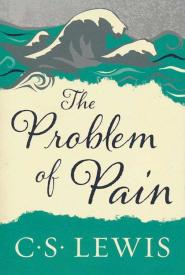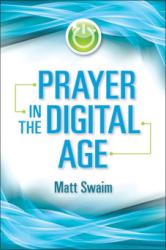Hebrews
$44.95
Scarcely any book of the New Testament (with the possible exception of Revelation) is so perplexing as the “Letter to the Hebrews.” Not really a letter, but a sermon with some features of a letter added to it, not really by its putative author, Paul, but by an anonymous Christian who wrote some of the most elegant Greek in the Bible, not really addressed to the “Hebrews,” but to Christians, probably in Rome-this is the work that Alan Mitchell explains in this commentary.
Many scholars have written fine commentaries on Hebrews, and Mitchell stands on their shoulders, noting where he proposes alternate interpretations. Mitchell pays particular attention to the reliance of the author of Hebrews on the Greek Old Testament (the Septuagint). He also compares the language of Hebrews with similar usage and ideas of first-century Hellenistic Jewish authors, notably Flavius Josephus and Philo of Alexandria. Furthermore, he situates Hebrews against the background of the tradition of Hellenistic Moral Philosophy, where that is appropriate. Mitchell thus locates Hebrews in its proper thought-world, something that is essential for the modern reader in dealing with some of the thornier questions raised by this biblical book. Chief among these are the role of sacrificial atonement, the question of “second repentance,” and the spiritual and moral formation of the Roman Christians who were its recipients.
Like all the volumes in the Sacra Pagina series, this work examines the text in detail, with careful attention to the words and phrasing, and then brings those individual insights together into a coherent summary. The bibliography and special lists appended to each chapter cover the best of recent scholarship on the Letter to the Hebrews.
in stock within 3-5 days of online purchase
SKU (ISBN): 9780814659816
ISBN10: 0814659810
Alan Mitchell | Editor: Daniel Harrington
Binding: Trade Paper
Published: October 2009
Sacra Pagina
Publisher: Liturgical Press
Print On Demand Product
Related products
-
Choosing Happiness
$17.99Add to cartIn Choosing Happiness, Lizzie talks about some of these obstacles and how she managed to choose happiness. From fighting with friends to college applications and learning how to live on your own, Lizzie offers her own stories and advice on how to handle whatever life throws at you. With social media and celebrities giving us their own examples of what it means to “grow up” and be successful, Lizzie shows us how it’s sometimes better to stand outside the crowd, even if that means we sometimes have to stand alone.
While it’s easy to give up or give in to social pressure, Lizzie shows us how choosing our happiness is better, and how with faith, prayer, friends, a good attitute–and late-night taco runs–you can overcome anything.
-
Problem Of Pain
$16.99Add to cartFor centuries Christians have been tormented by one question above all — If God is good and all-powerful, why does he allow his creatures to suffer pain? C. S. Lewis sets out to disentangle this knotty issue but wisely adds that in the end no intellectual solution can dispense with the necessity for patience and courage.
-
Prayer In The Digital Age
$16.99Add to cartThe digital age is an age of information overload. In this noisy, technology-driven world, full of important news and urgent messages, spending silent time in prayer can seem impossible.
In his second book, Matt Swaim brings to light the obstacles to prayer inherent in our digitally-connected culture and explores both the challenges and benefits of living a Christian life in the 21st century. Drawing on the spiritual wisdom of such masters as St. Ignatius of Loyola, St. Therese of Lisieux, and Venerable Pope John Paul II, Swaim provides practical suggestions for learning how to “unplug” and incorporate prayer into one’s daily life.
Delve into how technology truly affects our faith:
In a culture suffering from information overload, what’s the difference between knowing facts about God and actually knowing God?
How does our desire to be entertained interfere with knowing God as He really is, rather than just as we want to perceive Him?
What are the distinctions between employing media and information as tools to aid evangelization and spiritual growth while avoiding a purely consumer approach to the faith?
How can information overload deaden our ability to listen?






Reviews
There are no reviews yet.